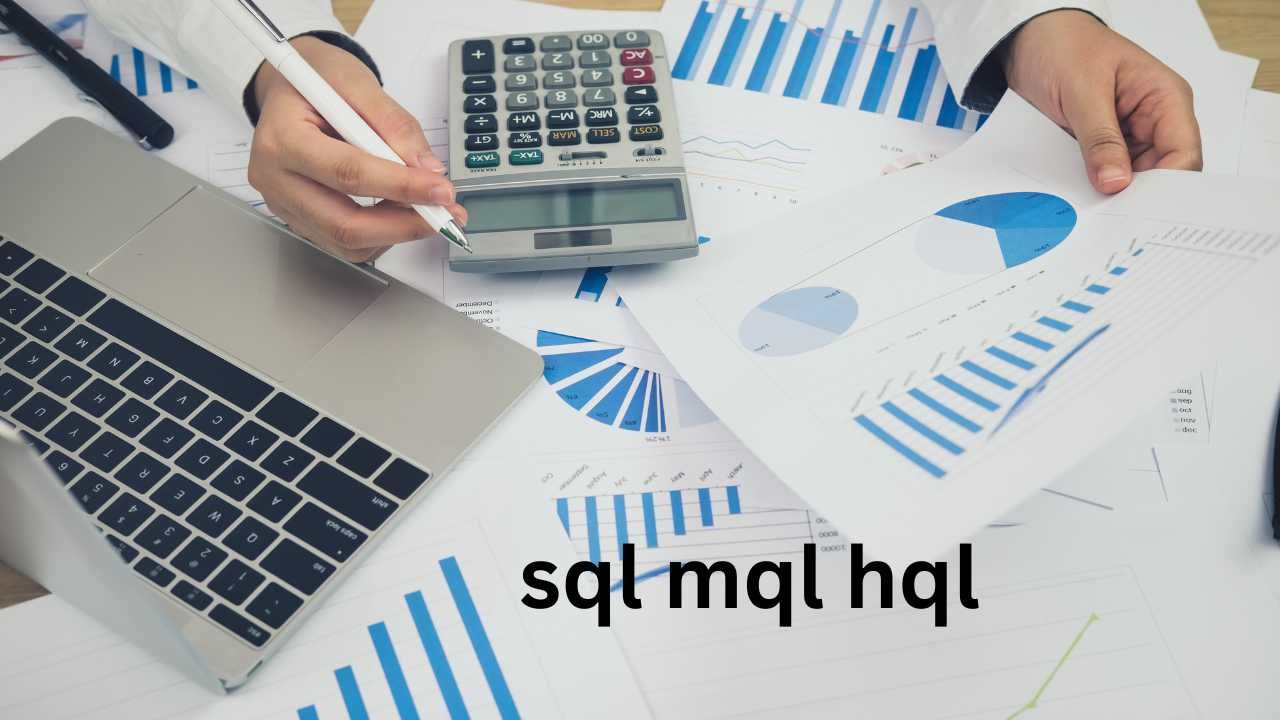What is a Database?
Imagine you have a huge collection of comic books. It would be hard to find a specific one if they were all just in a big pile on the floor. A better way would be to put them on shelves. You could organize them by hero, year, or even by color. This organized collection of information is like a database. A database is an electronic system that makes it easy to store, organize, and find information quickly. Many companies, from online stores to social media sites, use databases to manage their data.
Diving into SQL
SQL stands for Structured Query Language. It's the bahamas phone number lead most famous of these languages. Most people who work with data know and use SQL. It is like the language you use to ask your friend for something. You say, "Please pass me the salt," and they know exactly what you mean. With SQL, you can ask a database to show you information, change it, or even delete it. For example, you can tell the database, "Show me all the students who got a perfect score on the math test." SQL works with a kind of database called a relational database. These databases keep information in tables, just like a spreadsheet. Each table has rows and columns.

SQL is a powerful tool. It lets you create new tables to store information. Also, you can change the information in those tables. You can also get data from many different tables at the same time. This is very useful. It is like being able to find all the books by one author and about a certain topic. SQL is used everywhere. Online stores use it to track what you buy. Banks use it to manage your account. Social media sites use it to store your posts and pictures. Knowing SQL is a very helpful skill. Therefore, many people learn it to get a job.
MQL: A Language for Specific Systems
MQL stands for MetaQuotes Language. It is not as general as SQL. MQL is special because it is made for a specific purpose. It is used with a trading platform called MetaTrader. Traders use MetaTrader to buy and sell things in financial markets. MQL helps them create special programs. These programs are called trading robots or expert advisors. They can automatically trade for a person. MQL lets these programs analyze market prices and decide what to do. Thus, traders can work even when they are not in front of the computer. MQL is a powerful tool for these specific users. It is a very different kind of language than SQL. MQL is not about finding information. Instead, it is about giving instructions to a program.
How MQL is Used by Traders
Traders use MQL to make their trading better. First, they write a program using MQL. This program has rules for buying and selling. For example, the program might be told to buy when a price goes up by a certain amount. Then, they let the program run. The MQL program watches the market prices. When the conditions are right, the program makes the trade. This happens very quickly. MQL helps traders save time. It also helps them to avoid making emotional decisions. Many professional traders use MQL to build their own custom trading strategies.
HQL: A High-Level Query Language
HQL stands for Hive Query Language. It is another specialized language. HQL is used with a big data system called Apache Hive. Imagine you have so much data it would not fit on one computer. You would need many computers working together. This is called big data. Hive is a tool that works with a big data system called Hadoop. It lets people use a language that looks a lot like SQL. This is a huge benefit. Because of this, people who already know SQL can easily learn to work with big data. HQL turns the commands into a language that Hadoop understands. Therefore, you do not have to learn a whole new system.
Understanding the Differences
So, how are these three languages different? SQL is for regular, structured data. It works with relational databases. MQL is for a very specific purpose. It is used to write trading programs. HQL is for very, very large amounts of data. It works with big data systems like Hadoop. In short, each language has a different job. SQL is a general-purpose language. MQL is a special-purpose language. HQL is a language for big data. They all help us work with information. However, they do it in different ways and for different reasons.
In conclusion, understanding SQL, MQL, and HQL helps you understand how people work with data. SQL is like the main door to a library. It is used to get information from standard databases. MQL is like a special key to a specific room. It is used for automated trading. HQL is like a special card that lets you get to a different part of the library for bigger collections. Each one has its own use. Knowing these differences can help you understand the world of data better.